In England, the Regional adoption agencies leaders have been working together with colleagues across the sector to develop National Early Permanence Practice Standards (National-Early-Permanence-Practice-Standards-_DIGITAL.pdf (earlypermanence.org.uk). These have been designed as part of our national programme of work to promote the need for greater consistency and opportunity for children to access the benefits of early permanence, regardless of where they live in England.
Early Permanence is a child-centred practice that offers stability at a very early stage, preventing multiple moves and the associated trauma of separation from and loss of attachment figures, until a court has reached a decision about the final care plan for a child. The need for good quality care planning for children and twin tracking to prevent delay is crucial. Learning from people with lived experience and research and taking views from several sources has indicated that, whilst the terminology to describe the approach has changed over time, preparation and support for parents and carers is vital for better meeting the needs of children. Our key aim is for the standards to be used as a tool to enable local authorities, regional adoption agencies and voluntary adoption agencies to progress and secure consistency and coherence in the early permanence offer to children within their governance and partnership arrangements.
As part of the national work, we are supporting 11 projects across the country to develop work around different aspects of early permanence and are aiming to create a community of practice and resources to support practitioners and carers.
To give you some examples of the projects: A book for children about early permanence (EP). a multi perspective film about EP (and a podcast (You Can Adopt – UK Podcasts (uk-podcasts.co.uk) for a range of audiences. One of the projects has developed a good practice guide with links to tools and resources that will be made available to all agencies later in the year.
One area has focussed on addressing any challenges in expanding EP for Older Children, looking at targeted recruitment of carers; additional preparation and support in the early stages of a child/ren moving in plus developing peer networks of support to share experience, learning from each other and addressing and overcoming challenges.
In one region work is being undertaken to develop a cost-calculator to highlight the costs and benefits regarding early permanence and what this provides for children to help discussions with decision makers and finance colleagues.
One area is developing a practice model to support family time with a train the trainer programme which is exciting and two/three agencies are looking at the range of support provided to carers in the fostering phase plus therapeutic support to carers to help manage uncertainty and explore their thinking and feelings as an early permanence carer.
Some areas are going back to the basics and raising awareness about the benefits of EP for children, addressing the barriers and exploring how they can overcome these through research and evaluation activity with key stakeholders.
We have engaged Lancaster University to undertake some evaluation of the projects and looking at parents and carers experiences and the impact for children in reducing moves in care.
This is a very exciting programme of work and we hope that by the end of next year we will see an increase in the number of EP arrangements for children and better and more consistent support for parents and carers. We have lots to learn, we are on a journey and we are very excited to make a positive difference to children’s lives.
By Sarah Johal, National Adoption Strategic Lead, National Adoption Service England.

This Blog is part of our ExChange conference, “Reframing Adoption”
To find more resources on this topic, check out the conferences below.

